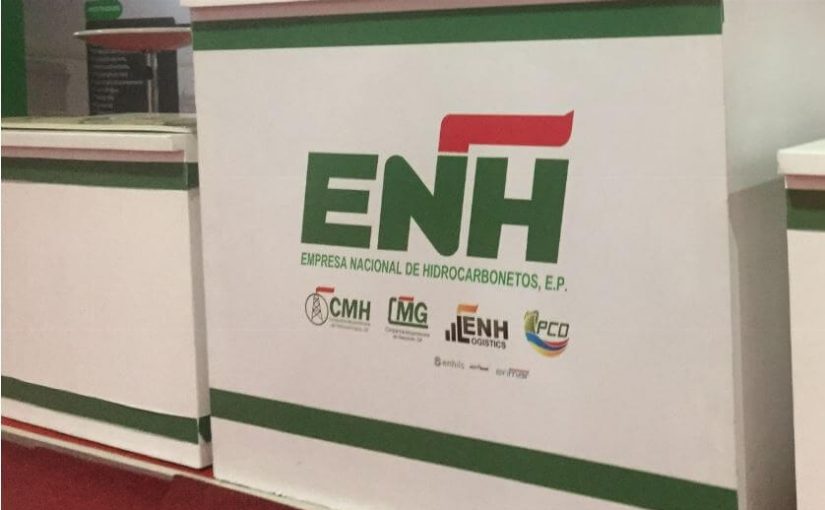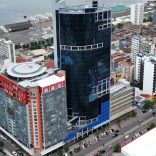External funding delays Mozambique’s development
Mozambique: No risk from ENH guarantee, says Finance minister – AIM report

in file CoM
The Mozambican Minister of Economy and Finance, Adriano Maleiane, has told the Mozambican parliament, the Assembly of the Republic, that there is only a “minimal” risk that the Mozambican state will have to pay any money arising from the guarantee it issued to cover the participation by the National Hydrocarbon Company (ENH) in the liquefied natural gas (LNG) project in the northern province of Cabo Delgado.
The state guarantee is for rather more than 2.2 billion US dollars, corresponding to ENH’s 15 per cent holding in the consortium developing the LNG project.
In 2019, the consortium members approved investment in the LNG project of about 22.74 billion dollars. Of this sum, 40 per cent comes from the members’ own funds, and 60 per cent from loans.
Speaking during a two day question and answer session between the government and the deputies, Maleiane assured the parliamentarians that “right now the State is not paying anything directly or indirectly related with the guarantee issued in favour of ENH”.
The LNG project’s financing agencies, he explained, thought it important that each member of the consortium issue a guarantee in proportion to its participation. The guarantee only covers the period of the construction of the LNG factory, after which the factory itself will be sufficient guarantee for reimbursing any creditors.
Since ENH was unable to put forward a guarantee of its own, said Maleiane, the state had decided to act as the guarantor.
According to the initial projections, the LNG factory should be complete by 2025, but Malieane admitted this could be extended to 2027. “Once construction is complete, the factory itself becomes the guarantee for the creditors, and the state guarantee ends”, he said.
“That’s the reason why we’re not paying anything”, he said, “because it was not necessary to issue a guarantee via the banking system. It’s just in order to give confidence”.
But a major question mark hangs over the LNG factory, which is to be built on the Afungi Peninsula, 15 kilometres from the town of Palma, which was devastated in a terrorist attack on 24 March. Following that attack, the French oil and gas company Total, which heads the consortium, pulled all of its staff out of Afungi, and cancelled contracts with suppliers.
Maleiane played down this problem, saying that the government is working to restore order. Furthermore, the possibility of delays is envisaged in the contracts signed by the consortium.
“Delays can’t be a problem”, said Maleiane, “because these are questions safeguarded between the consortium members and the companies hired for the construction. Everything is being done so that the job advances”.
According to the Bloomberg agency, Total has not merely suspended work at Afungi, but is cancelling contracts with local suppliers, much to their annoyance. Thus, although Total has not actually abandoned the LNG project, work is unlikely to resume for many months, and will clearly depend on security guarantees.
Health Minister Armindo Tiago told the Assembly that the terrorists in Cabo Delgado have destroyed 31 health units. In the country’s second conflict, in the central provinces of Manica and Sofala, the self-styled “Renamo Military Junta” has destroyed a further 13 health units.
The latest vandalism came with the jihadist attack on Palma on 24 March, when the raiders left the Palma health centre a charred ruin.











Leave a Reply
Be the First to Comment!
You must be logged in to post a comment.
You must be logged in to post a comment.